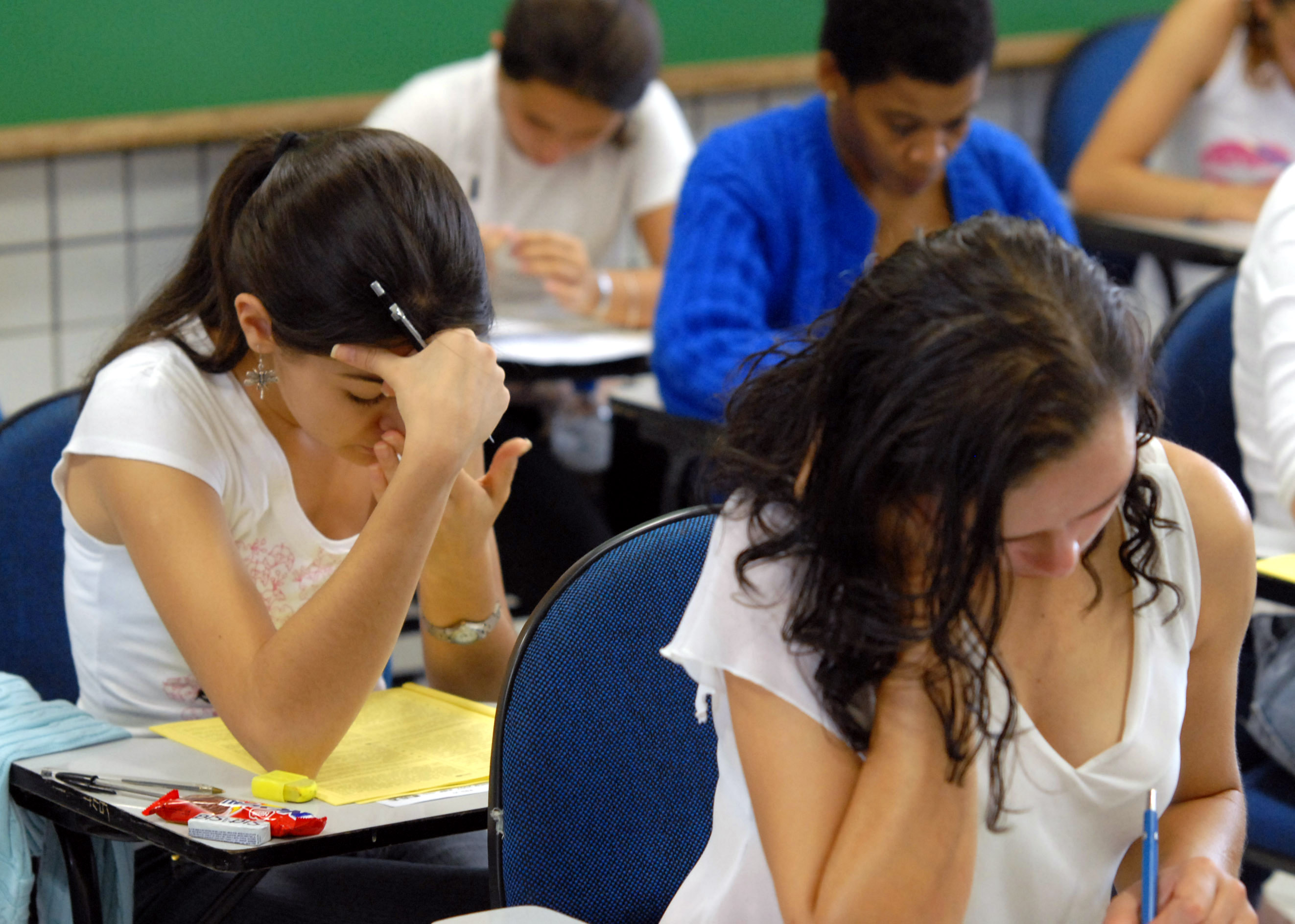And yet, we still have final exams and unit tests.
Of course we can't spend forever on a specific topic, but to end the learning with a judgement activity that gives no feedback other than a mark does little to inform a student or contribute to further learning.
Perhaps I am still fixated on my high school's motto from many years ago, which was "Know the Reasons". I certainly live with that idea firmly implanted in much of what I do. However, it seems to me to be an important concept for continued learning, reflection and critical thinking which are sometimes found lacking in wider society (not to name any recent political campaigns or such, but I'm sure we can all find a real-life example in which critical thinking was found to be lacking).
So how can we approach summative assessment while encouraging students to continue to reflect on their understanding beyond "the test"?
Some teachers allow for re-tests, although this is becoming unpopular in some circles. Many teachers opt for summative projects rather than tests or exams. Some incorporate a self-evaluation into the culminating task. Are there other ways to approach this?
We've all seen it: student x gets back the test, looks at the mark at the top, then tosses it in the recycling bin never to be read or seen again. All of the notations and feedback on the paper are ignored, and an opportunity to learn from the assignment is lost.
This happens at all stages of a particular strand or unit, but is most common after the summative, perhaps because the student knows it will be a long time before they see that concept revisited. However, this is a valuable time in which to receive feedback because it is likely to address the student's highest level of understanding yet for this topic, skill or subject.
How do we get students to buy into such reflection?
 The learning cycle is a lot like using a lint roller: every time you go over an area, a little
The learning cycle is a lot like using a lint roller: every time you go over an area, a little more stuff sticks. That also applies to reviewing all tasks. The mentality of "I'm so glad it's over, I never want to see x again!" is hard to overcome. Part of the issue may also be the idea that since the course has been passed (or not), the learning on that subject is no longer necessary or worth pursuing. When students see the report card or credit as the goal rather than the learning itself, the idea of review after the last task may seem pointless to them.
When students see the report card or credit as the goal rather than the learning itself, the idea of review after the last task may seem pointless to them.
Some schools have a period of time in which students can go over their final exam or assignment with the teacher. Other ideas might include a class discussion over the classes website, Facebook page or other online discussion venues, or a scheduled drop-in time where students can meet with their teachers. Some teachers build a reflection component into the final task itself. Although it can also be argued that a little more time and feedback could aid in reflection, taking time to do so at all is still a positive step.
I am curious about how students in classes wherein a growth mindset is strongly and embraced by the students might respond to such opportunities to receive more feedback and review/reflection when compared with classes who continue on a more traditional path. I welcome your insight in the comments below.


No comments:
Post a Comment